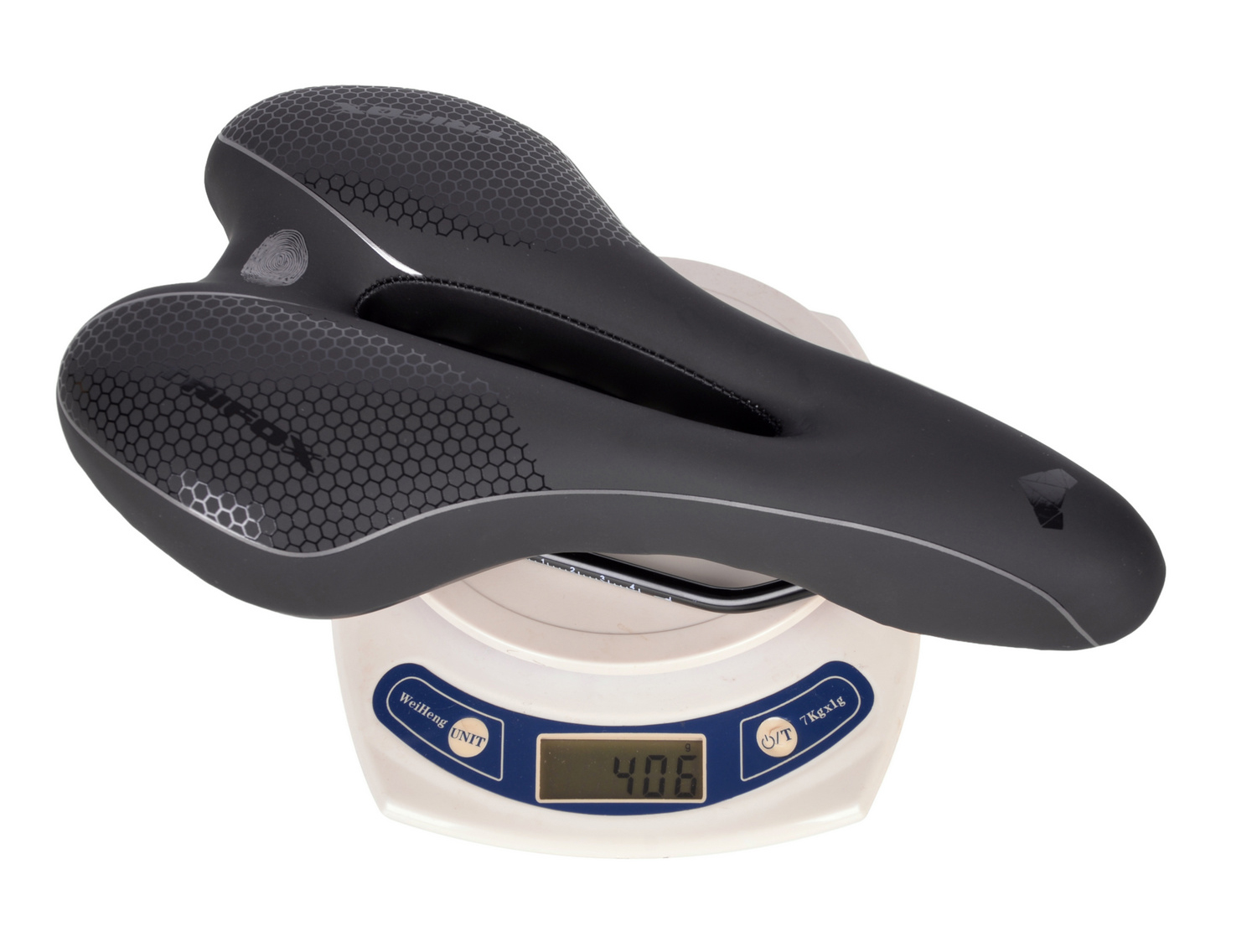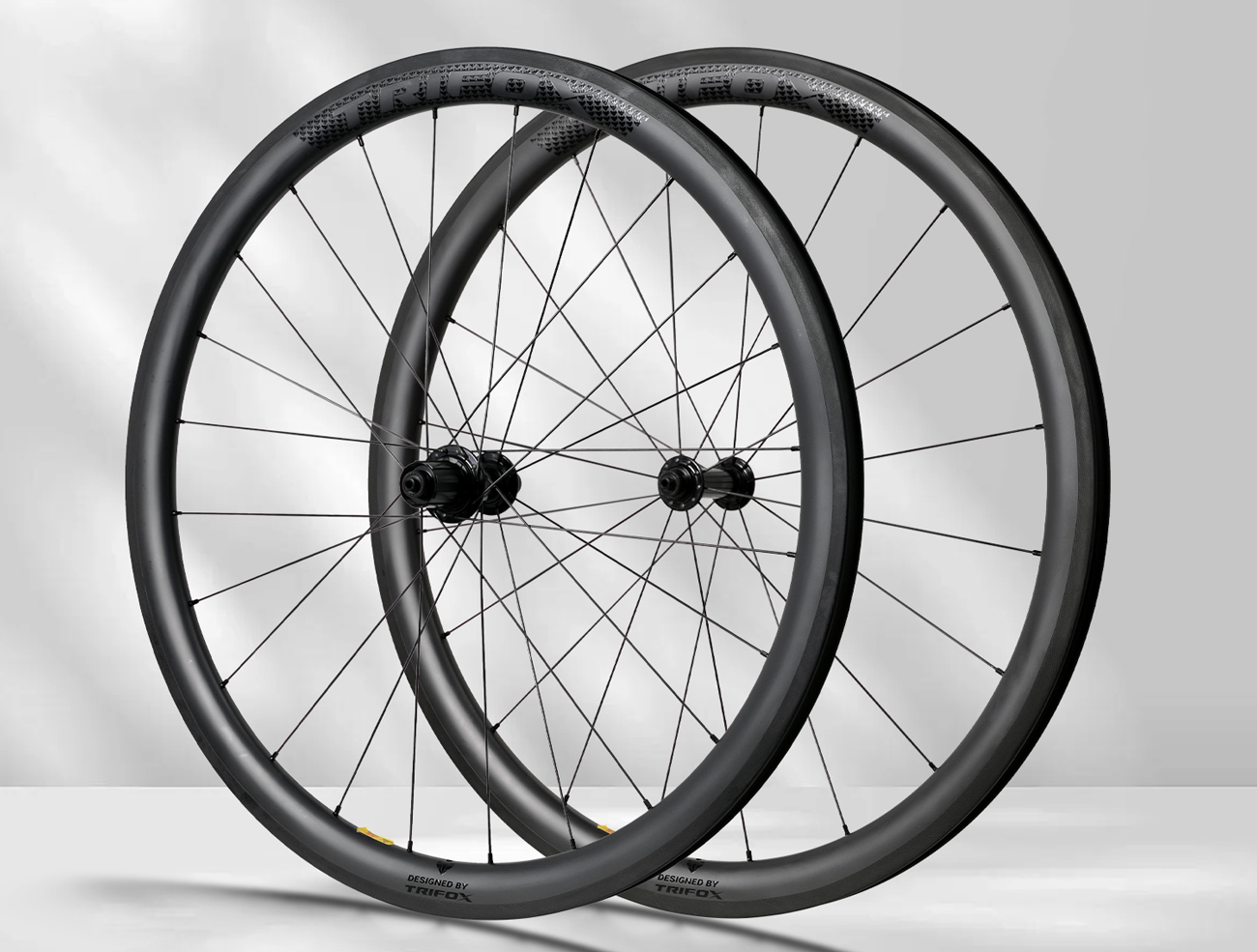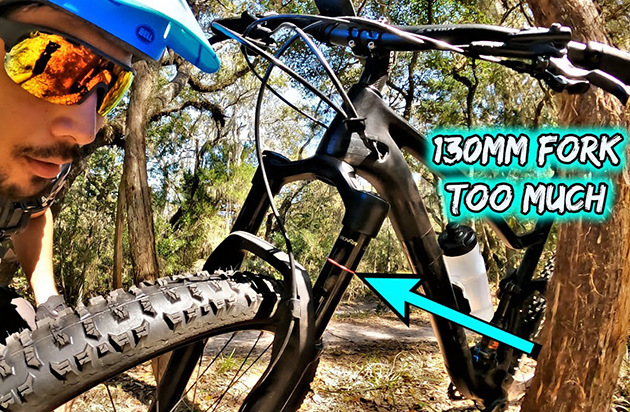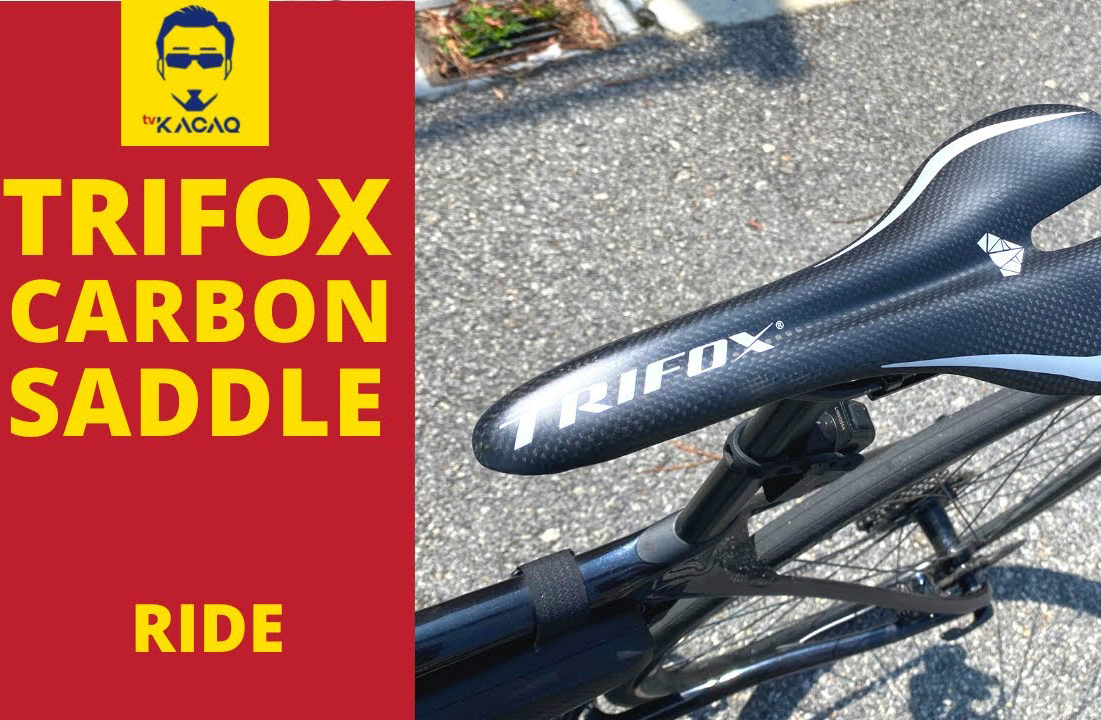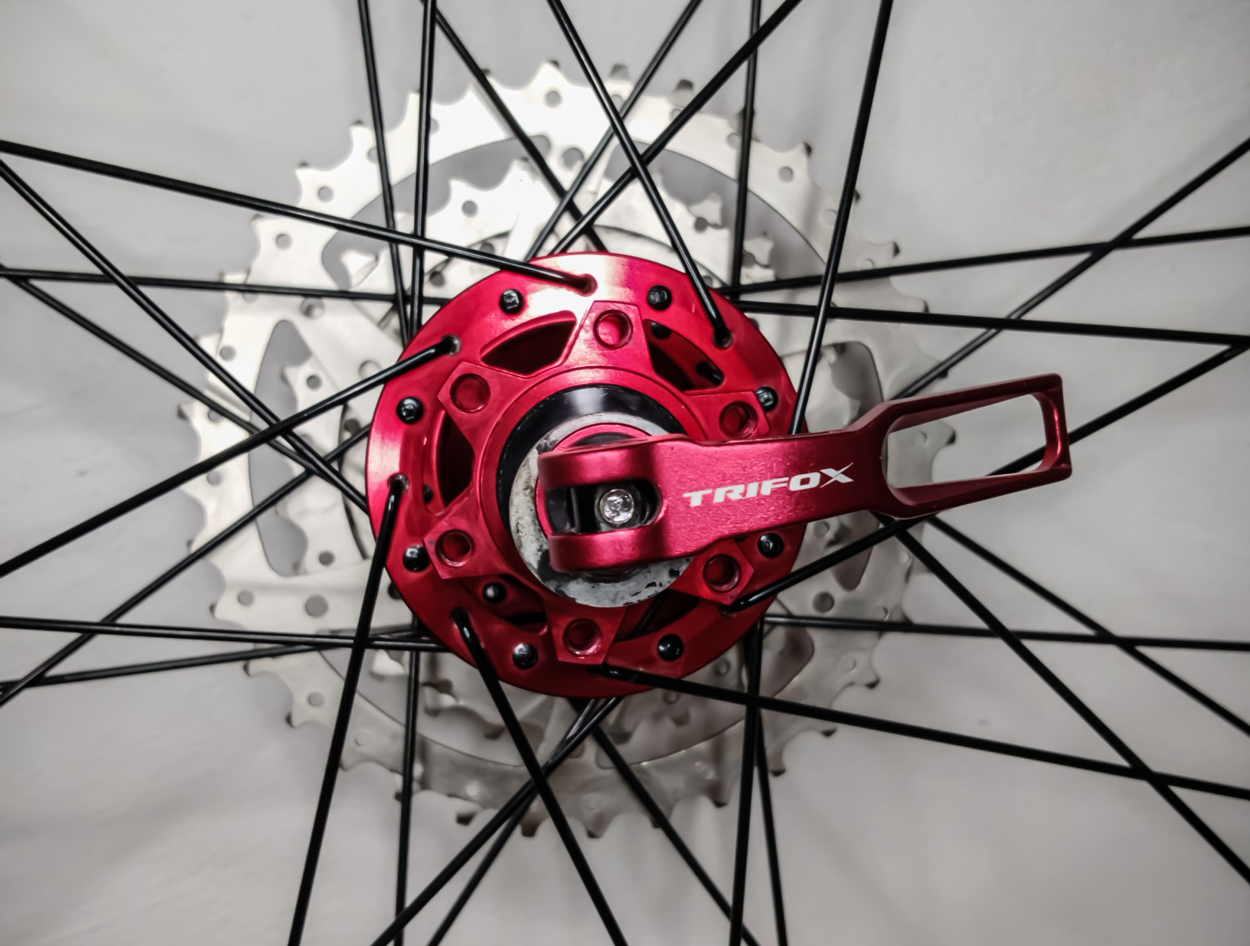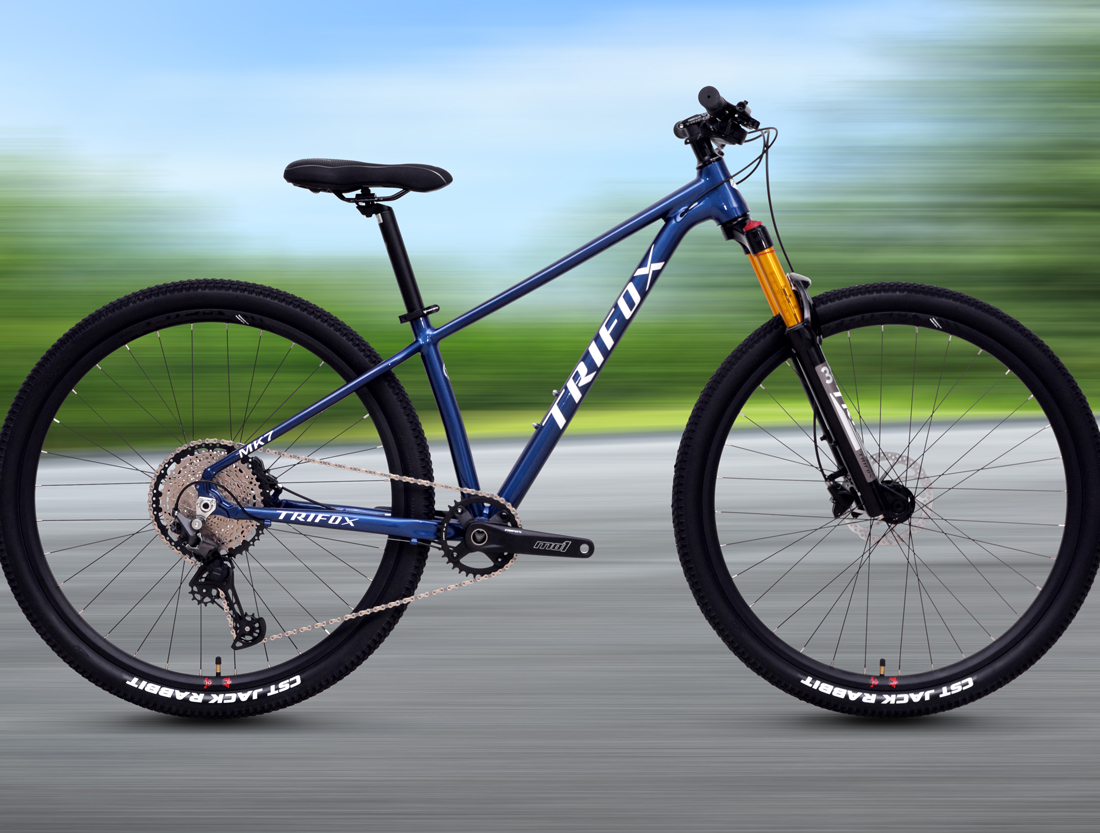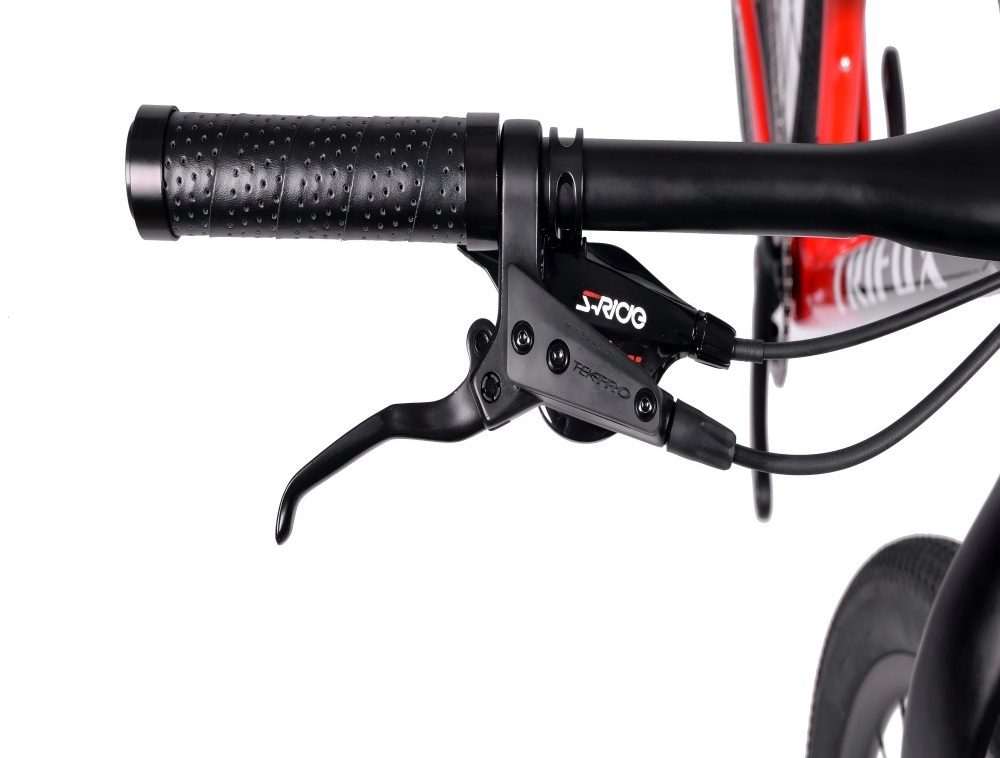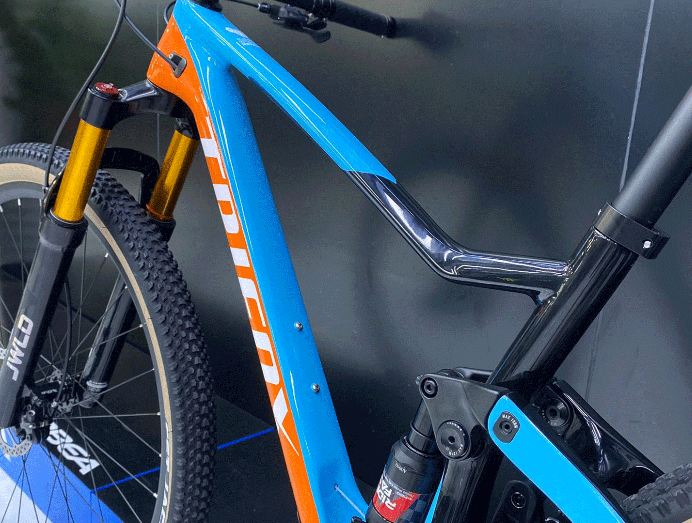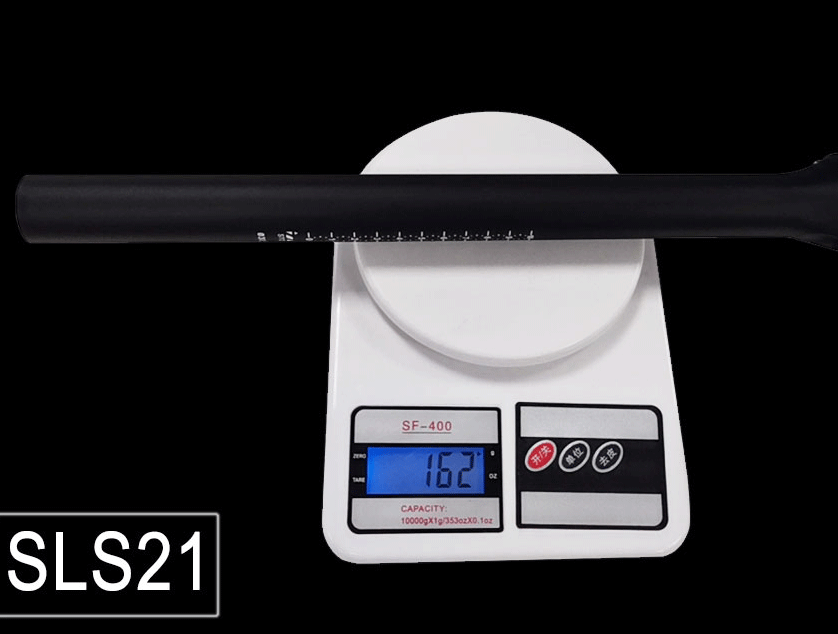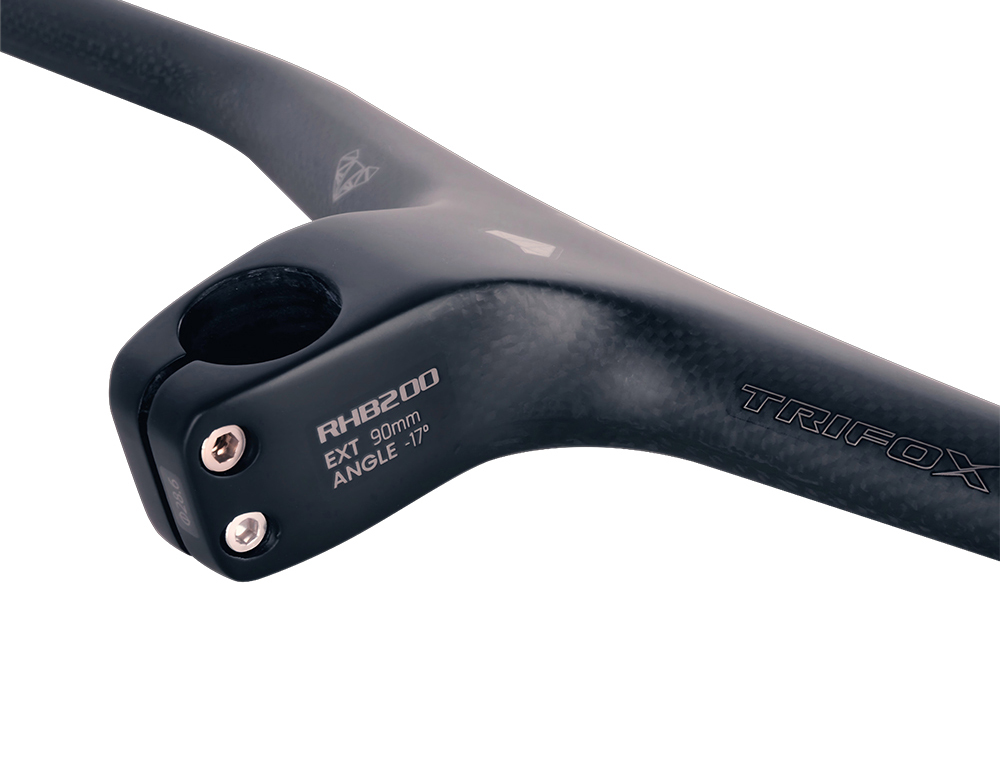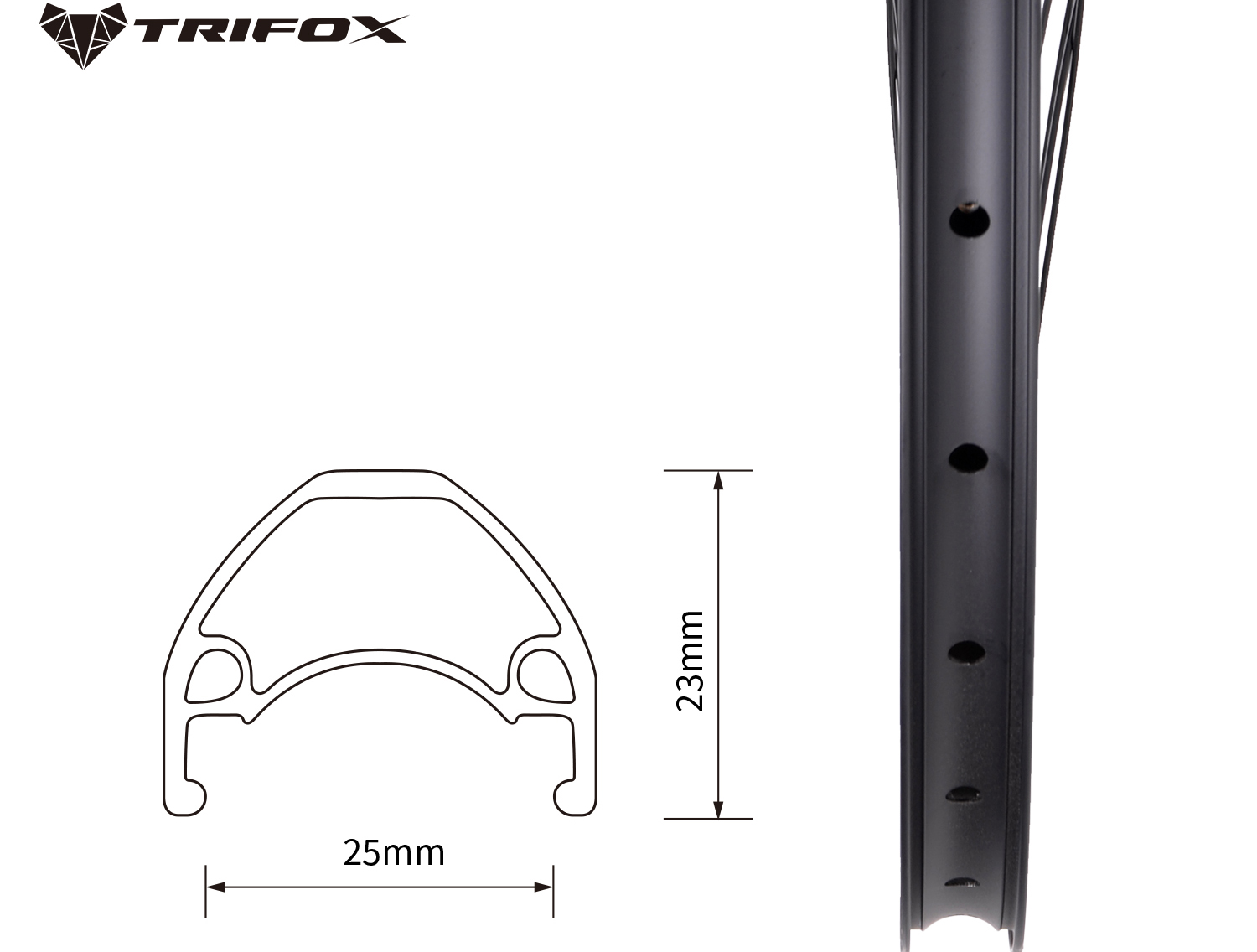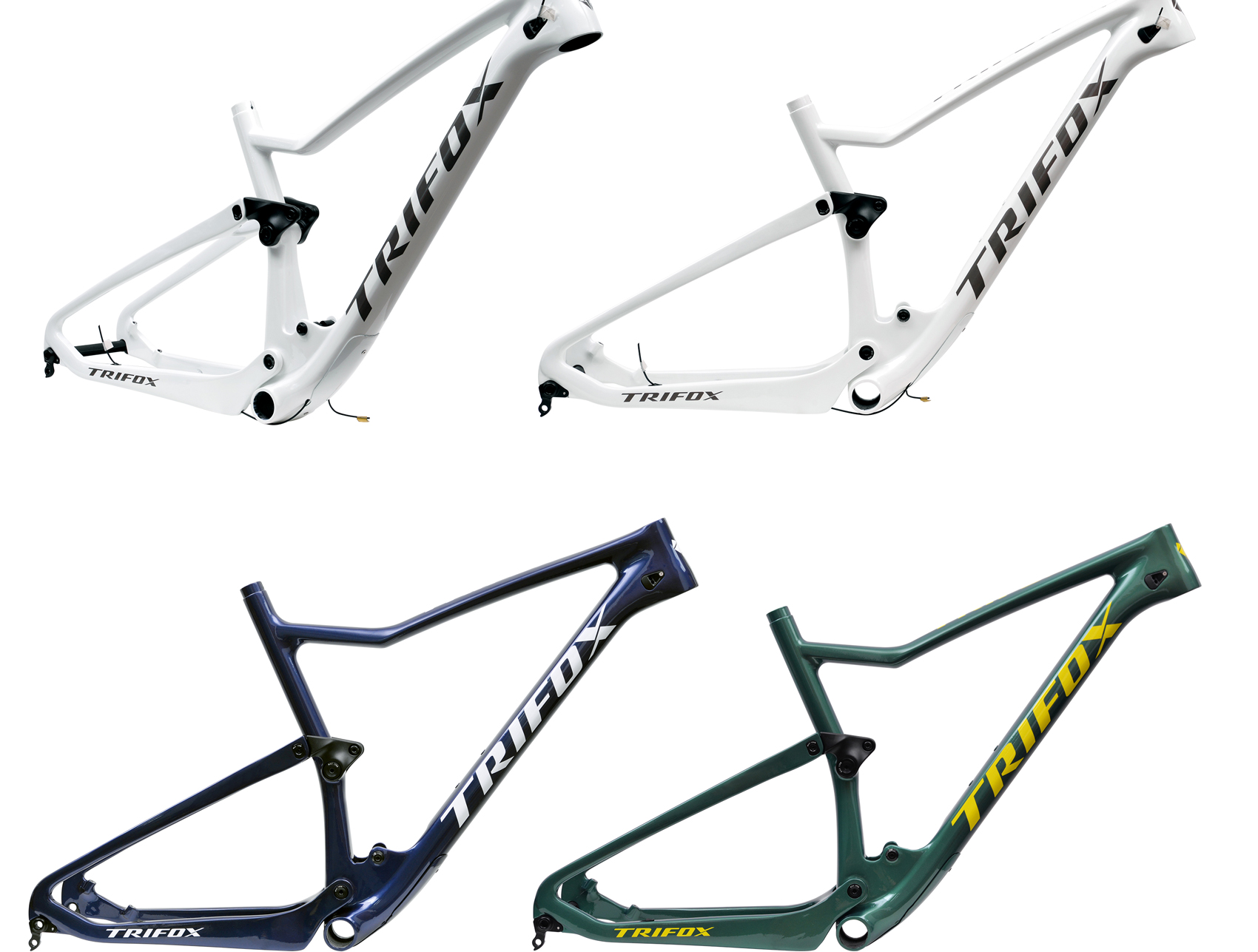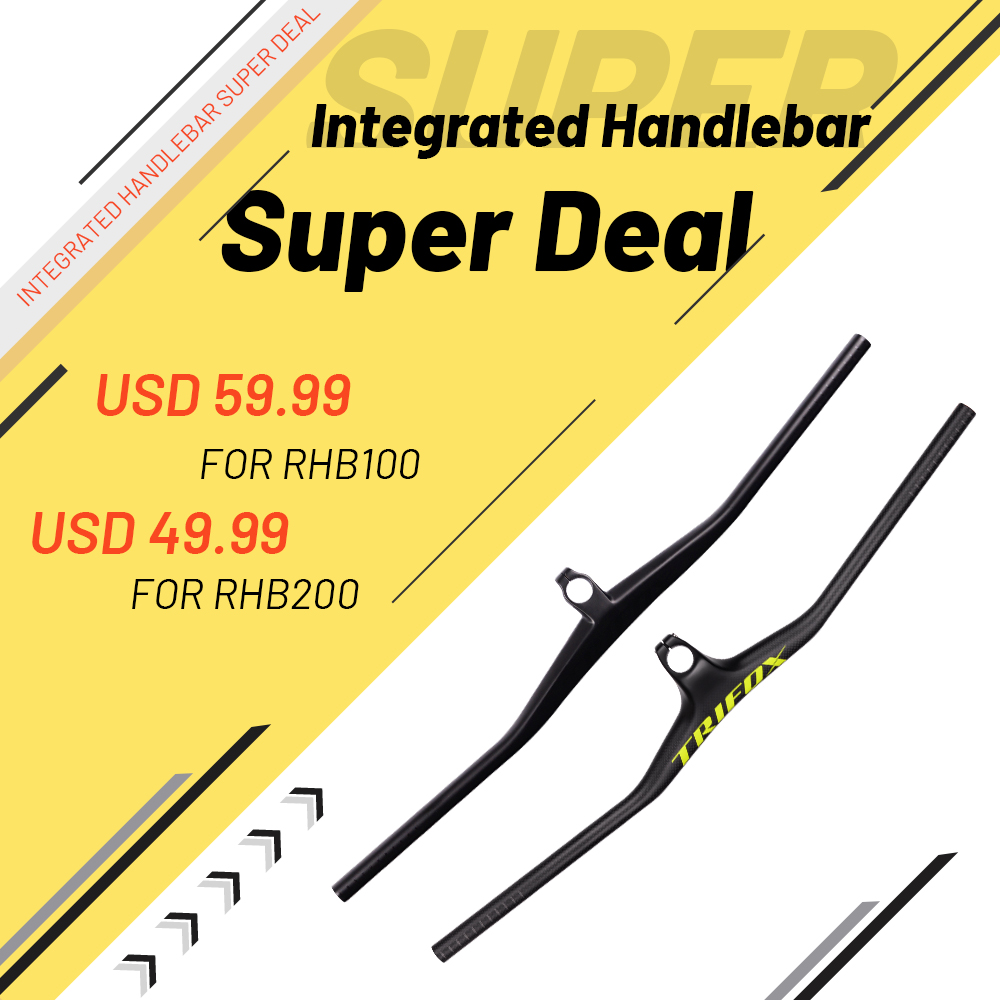Gear skipping, also known as missed shifts or gear slippage, is a frustrating issue that many drivers experience, particularly in manual transmission vehicles. It occurs when the transmission fails to engage properly, causing the gears to "skip" or pop out of place. This can lead to a loss of power, increased wear on the transmission, and even potential safety hazards. But what causes gear skipping, and how can it be prevented? Let’s dive into the reasons behind this common problem.
1. Worn Synchros or Gears
One of the most common causes of gear skipping is wear and tear on the synchronizers (synchros) or gears themselves. Synchros are responsible for matching the speed of the gears during shifts, ensuring smooth engagement. Over time, these components can wear down, especially if the vehicle is driven aggressively or maintained poorly. When synchros or gears are damaged, they struggle to align properly, leading to skipped gears.
2. Improper Shifting Technique
In manual vehicles, driver error can also contribute to gear skipping. For example, failing to fully depress the clutch pedal or shifting too quickly can prevent the gears from engaging correctly. Additionally, "riding the clutch" (keeping the clutch partially engaged) or forcing the shifter into gear can accelerate wear and lead to skipping.
3. Low or Contaminated Transmission Fluid
Transmission fluid plays a critical role in lubricating and cooling the gears and synchros. If the fluid level is low or the fluid is contaminated with debris, it can hinder proper gear engagement. Over time, old or dirty fluid loses its effectiveness, increasing friction and wear on transmission components.
4. Loose or Damaged Linkage
The shift linkage connects the gear shifter to the transmission. If this linkage becomes loose, misaligned, or damaged, it may not fully engage the gears, causing them to skip. This issue is more common in older vehicles or those with high mileage.
5. Clutch Problems
A failing clutch can also lead to gear skipping. If the clutch doesn’t fully disengage when the pedal is pressed, it can cause grinding or difficulty shifting. Similarly, a worn clutch may not provide enough friction to keep the gears engaged, resulting in slippage.
How to Prevent Gear Skipping
To avoid gear skipping, regular maintenance is key. Ensure your transmission fluid is checked and replaced according to the manufacturer’s recommendations. Practice proper shifting techniques, and avoid aggressive driving habits. If you notice signs of gear skipping, such as difficulty shifting or unusual noises, have your vehicle inspected by a professional mechanic promptly. Addressing the issue early can prevent costly repairs down the line.
In conclusion, gear skipping is often a symptom of underlying mechanical issues or driver error. By understanding the causes and taking proactive steps to maintain your vehicle, you can keep your transmission running smoothly and avoid the frustration of missed shifts.




























































